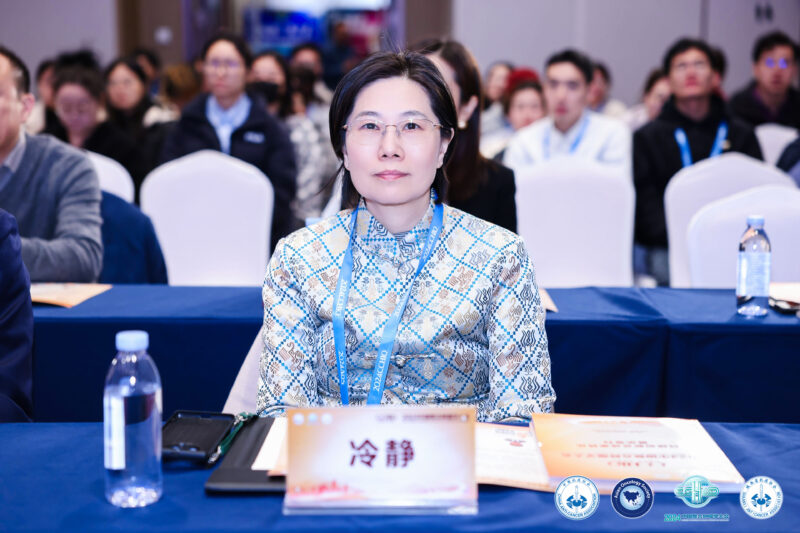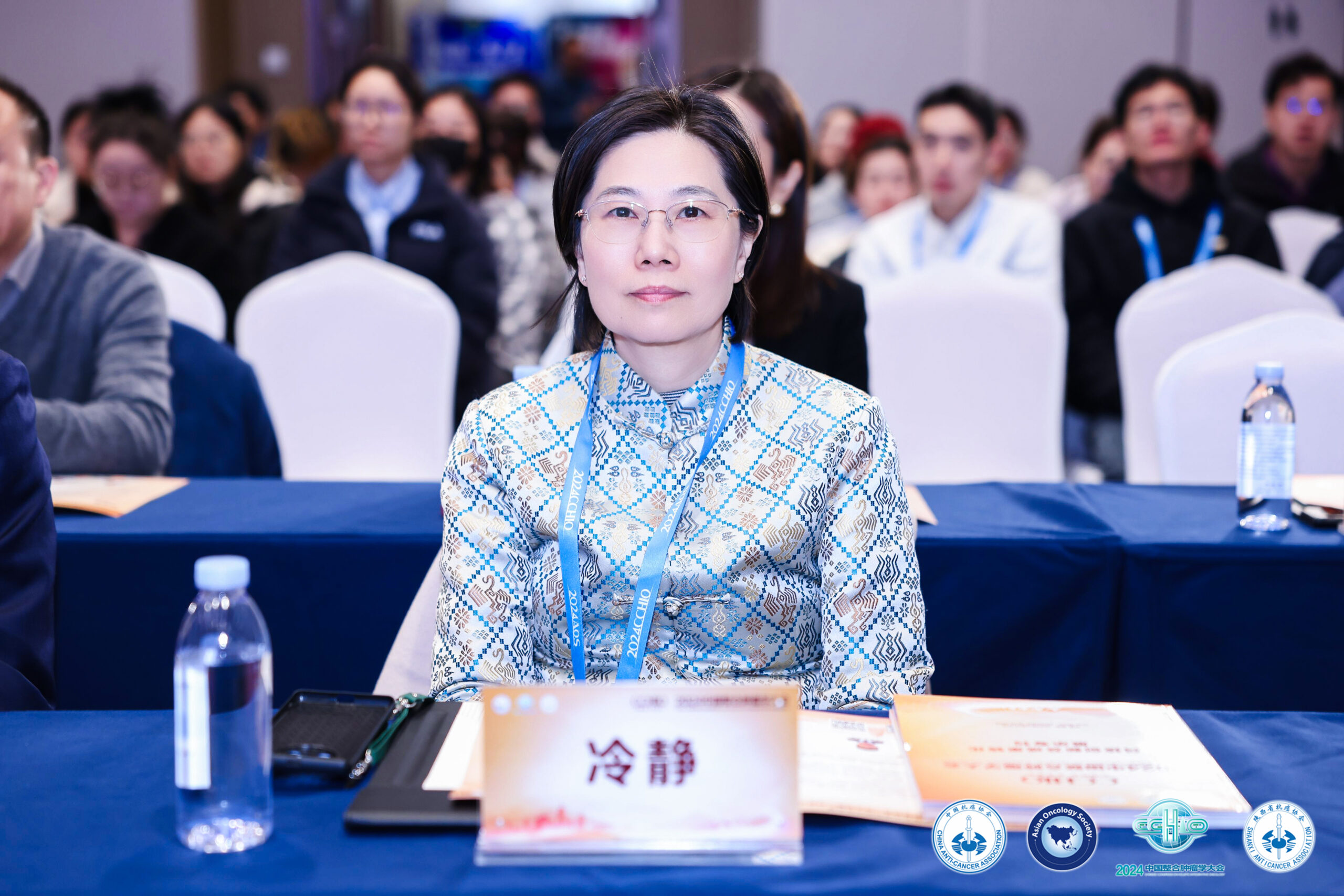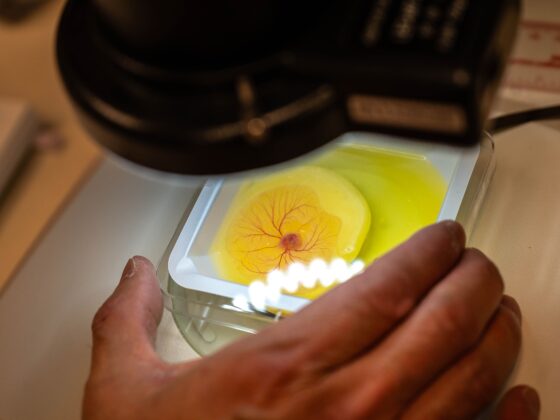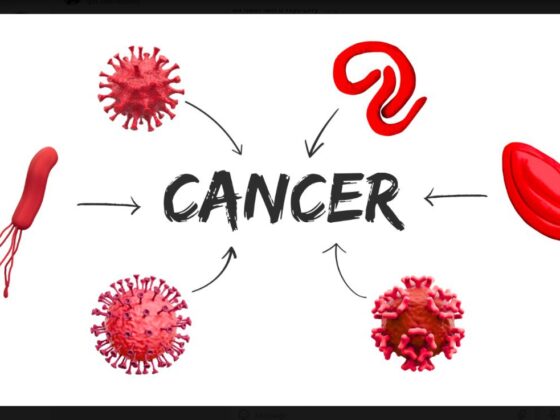China’s oncologists want to see robust evidence before putting their faith in traditional remedies. Practitioners of traditional Chinese medicine struggle with concepts of experimental medicine and animal models. But interest is growing in finding ways to bridge that gap in approaches and understanding.
Before the introduction of modern medicine to China in the 19th century, traditional Chinese medicine (TCM) played a dominant role in healing within Chinese society. Now, in the rapidly evolving landscape of cancer care, TCM is carving a niche as a complementary approach within modern oncology. This integration is gaining attention, especially in China.
“The whole country is discussing the integration of Chinese and Western medicine, but the current integration is not so good,” says Wang Guijun, a Chinese surgeon who has been treating gastric cancer for over two decades, speaking to CancerWorld.
“Perhaps from the perspective of enhancing the body’s overall health, or helping manage complications during chemotherapy or radiotherapy, maybe TCM has a role to play,” he adds, “however, it often focuses on individual cases – what prescriptions were used or how the tumour regressed – without large sample analysis,” he notes.
While acupuncture has been shown to alleviate chemotherapy-induced nausea and pain, and certain herbal remedies are believed to boost immune function, Wang, like many oncologists in China educated in modern medicine, believes that in general there is insufficient evidence to show that TCM is effective.
Interest in trying to develop stronger scientific evidence around TCM is attracting a growing number of researchers. Among them is Leng Jing, an immuno-oncologist at Guangxi University of Chinese Medicine. “Just because Western doctors are sceptical doesn’t mean they dismiss TCM. It’s more about the limited data making it hard to believe in its efficacy,” she says. As a ‘Western doctor’ researching TCM, she recognises the many challenges to integrating the two systems.
“First, there’s a language barrier. The terminology of TCM differs significantly from that of Western medicine. And you are using ancient Chinese to talk to modern people. Of course, they don’t understand,” she explains.
“We need to translate TCM concepts so that others can understand what we are doing”
Leng believes that individuals like her, who understand both TCM and modern medicine, can serve as vital bridges in this integration. “We need to translate TCM concepts so that others can understand what we are doing.”
In recent years, her research has focused on immune recognition receptors – proteins on the outside of cells by which the immune system identifies antigenic substances –[AW1] and their roles in combating tumours. She has also worked on developing animal models to advance TCM research. A particular focus of hers is on the potential use of TCM in liver cancer, for which China accounts for more than 45% of all new cases across the globe, with particularly high incidence rates in Guangxi.
“In China, unlike other countries, more than 90% of liver cancer is caused by the hepatitis B virus. Chronic inflammation from this viral infection can lead to fibrosis, cirrhosis, and ultimately liver cancer,” explains Leng. As she points out, some of the traditional Chinese herbs are known for their anti-inflammatory effects. “Can we use these herbs to intervene in the inflammation-cancer transformation process to prevent tumors?” is the question she is asking.
In 2021, Leng successfully established an animal model based on the crab-eating macaque – a type of monkey native to Southeast Asia, which she believes is ideal for studying alcoholic fatty liver and damp-heat syndrome within TCM.
Nowadays, in diagnosing illnesses, many traditional Chinese medicine practitioners still mainly rely on the ‘four methods’: observation, listening, inquiry, and pulse diagnosis. Leng says that, despite her advances, she faces challenges in persuading many TCM practitioners to accept her animal models as applicable to their practice.
“Some practitioners misunderstand the model. They ask how we can communicate with animals. Are we supposed to make the little mice nod?”
Leng disagrees with those who view TCM solely through a modern scientific lens, arguing that they miss its essence. While the two systems are distinct, she believes TCM practitioners cannot completely detach from modern science.
“If your Chinese herbal compounds are grounded in solid models, and if objective data from clinical practice align with TCM symptoms and characteristics, I believe the West will eventually embrace Chinese medicine.”












